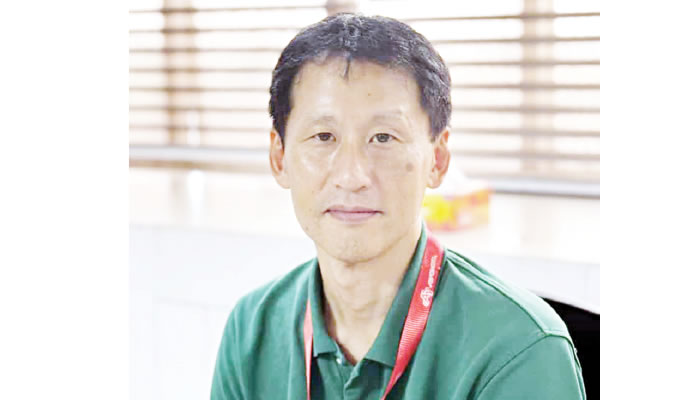The Nigerian market for monosodium glutamate (MSG) is grappling with the pervasive issue of unregulated and unbranded MSG products, posing significant challenges to established companies like Ajinomoto Foods Nigeria. Noriyuki Ogushi, the Managing Director of Ajinomoto Foods Nigeria, highlighted the unfair competitive landscape created by these unbranded sellers who operate outside the regulatory framework established by the National Agency for Food and Drug Administration and Control (NAFDAC). These sellers, often packaging their product in unsanitary conditions and lacking proper NAFDAC registration, are able to undercut legitimate businesses by circumventing costs associated with packaging, labor, regulatory compliance, sales, and marketing. This creates a distorted market where Ajinomoto struggles to compete against businesses operating without adhering to established rules and regulations, analogous to a football match where one team plays by the rules while the other freely uses their hands. This lack of a level playing field discourages foreign investment and threatens the viability of businesses committed to operating within legal and ethical boundaries.
The price discrepancy between branded and unbranded MSG is stark. Unbranded MSG often sells at one-third or one-quarter the price of Ajinomoto’s product. This significant difference stems from the absence of costs associated with regulatory compliance and packaging. Furthermore, unbranded MSG sellers sometimes leverage the Ajinomoto brand name to deceive consumers, further exacerbating the challenges faced by the legitimate business. To combat this, Ajinomoto is diligently educating consumers about the key differentiators of their product, including the distinctive packaging featuring the red bowl mark, the prominent Ajinomoto name, the NAFDAC registration number, and the Mandatory Conformity Assessment Programme (MANCAP) seal of quality from the Standards Organisation of Nigeria (SON). Ajinomoto emphasizes its stringent internal quality control measures, ensuring that every batch undergoes rigorous testing and meets the highest standards before reaching the market.
Ajinomoto maintains a proactive relationship with NAFDAC, undergoing regular inspections, audits, and reporting any issues, including the proliferation of unbranded MSG. Despite these efforts, the effectiveness of NAFDAC’s enforcement actions is questioned, with unbranded MSG often resurfacing in markets shortly after raids. Ogushi advocates for stronger enforcement and greater collaboration between NAFDAC, SON, the Nigeria Customs Service (NCS), and law enforcement agencies to curb the influx and distribution of these unregulated products. He stresses the urgency of addressing this issue to protect consumers from potential health risks associated with products that bypass quality control measures.
The impact of unbranded MSG on Ajinomoto’s business is substantial. The company experienced a significant drop in sales volume, estimated at one-third to one-quarter, necessitating financial support from its parent company to avoid bankruptcy. While Ajinomoto holds a strong market share in Northern Nigeria, this region has also been heavily impacted by the influx of unbranded MSG, leading to a drastic decline in sales. The company is actively working to expand its presence in Southern Nigeria, where misconceptions about the brand persist, through targeted marketing and communication strategies. Despite these challenges, Ajinomoto emphasizes its commitment to delivering quality products, ensuring affordability, and contributing to Nigeria’s economic development.
Ajinomoto’s recommendations for government intervention focus on strengthening regulatory enforcement and ensuring fair competition. The company urges the government to mandate NAFDAC registration for all food products and enforce the use of SON’s quality seal. Removing unregistered products from the market is crucial to protect consumers and create a level playing field for businesses operating within established regulations. Ajinomoto stresses the importance of addressing the issue of affordability, recognizing that in a market with reduced purchasing power, consumers are often drawn to cheaper, albeit potentially unsafe, alternatives.
Beyond regulatory compliance and enforcement, Ajinomoto is actively pursuing strategies to reclaim market share and expand its reach. The company is implementing marketing and communication initiatives to address misconceptions about its brand, particularly in Southern Nigeria, where it aims to double its current market share. Ajinomoto also underscores its contribution to job creation in Nigeria, employing over 750 people in its factory and sales force, and supporting numerous jobs indirectly through its distribution network. The company remains committed to its long-term goal of providing quality products, contributing to Nigeria’s economic growth, and enhancing the well-being of Nigerian families.














